On Beer BooksThis month’s session is on the role of beer books, a topic which I could probably rant on about for a good while. So, I will focus on those books which have been there; key literature which guided me along the path I'm on today. Before beer was a thought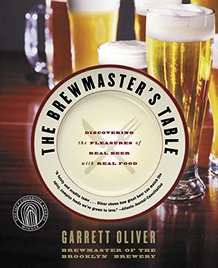 I was accepted to UC Santa Cruz in the summer of 2006. I thought my future lied in exploring the deep sea, trudging along the ocean floor hunting for squids. But sometimes it just doesn't work out. That father’s day, I coincidentally bought my dad The Brewmaster's Table by none other than Garret Oliver. At the time my dad was getting into craft beer, but I was still under age and refrained from drinking. I wanted to wait til I was 21 to have my first proper pint, but that didn't happen (college and all). Flash forward a year or two, and I read that book out of curiosity during one summer. There in the book was the first description of beer history I ever read and laid the foundation of my love for beer. Before the obsession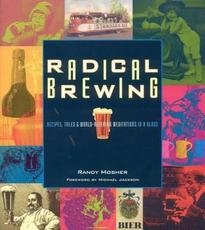 Around the time I graduated, I jokingly told my dad he should start homebrewing. And so, naturally, calling my dare our first batch together soon followed. Within a month or so we had our 5 gallon all grain HERMs set up, along with our collection of different beer books. Given how much I read How To Brew by John Palmer and Brewing Better Beer by Gordon Strong, I feel like they deserve an honorable mention. Yet it was Randy Mosher’s Radical Brewing with its different recipes from history that moved my interests forward. This book showed me that beers from the past were drinkable, interesting, and could be used as inspiration for today. This then lead me to wonder how beer fits in culturally, at what time these beers were developed, and the ultimate question, how did brewing begin? Wanting to know more about beer history, I ordered a copy of Beer in the Middle Ages and the Renaissance by Richard Unger. I need to order a new copy since mine is essentially in ruins. I cannot recommend this book enough, and I frequently reread it to pick up information. Reading up on Richard Unger (and others like him), and how it was professionally possible to pursue the history of beer in academia - coupled with my dissatisfaction in marine biology - was the final straw in attending graduate school to research into beer archaeology. Durham University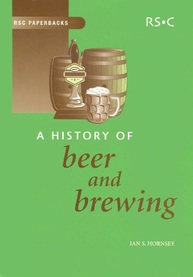 So, as it happens, one of my good friends was attending Durham University for his Ph.D. Given his recommendation, I decided to give it a shot. I somehow got in and ‘moved across the pond’ as they say. The library here was phenomenal, and I was able to find books I couldn’t find before, the dissertation by none other than Merryn Dineley, and books I had no idea existed. Out of all of the books, I used A History of Beer and Brewing by Ian Hornsey. This book was a treasure trove of information, and I always used it as a starting point to begin research. I need to get myself a copy, as it is a great book. The Move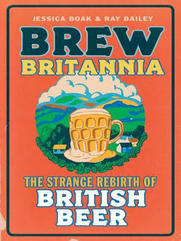 During my time at Durham, I bought two books which I thought were fantastic: Boak and Bailey’s Brew Britannia, and Pete Brown’s Shakespeare’s Local. I was about halfway through these books, but as the story goes, I met Her (at a pub no less), fell in love, and decided to move to Berlin after we graduated. 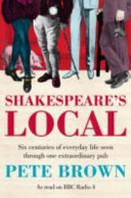 Now, I only had a backpack with me (and her suitcase thankfully enough) to move everything I had over to Germany (with one quick stop off to Switzerland). I, unfortunately, had to throw away Pete Brown and Boak and Bailey’s books. They both are excellent books, and I would recommend them to anyone, but I had to bring the essentials, and we quickly ran out of luggage space. I wish instead I could write about books I could've kept, but that’s just not how it happened. Now that I am back on my feet with a bit of permanency, I am slowly building up my own brewing library. Ich bin ein Berliner So, now after what seems a lifetime ago of living in England, I live and work in Berlin away from academia (for the time being). I have just started to accrue my brewing equipment, made friends with those in the business, and started teaching myself the German language. A unique place to be, for sure, given that I never imagined myself to be in such a place. But, I am lucky enough to have the luxury to learn a language, and to research/write about beer history in my free time. That is why I think for this point of time in my life, I would recommend (if you speak German) Das Bier: Eine Geschichte von Hopfen und Malz, by Dr. Franz Meußdoerffer and Dr. Martin Zarnkow. Bear in mind, though, that I speak/read at a child’s level of German, and so reading this book is slow. But because I had had the pleasure of meeting Dr. Martin Zarnkow, I trust that it will be an interesting take on the history of beer. By the end of it, hopefully, in addition to some beer facts, I’ll improve my German some as well. There are plenty of books I am skipping over. One on the history of countryside brewing in England, fermented beverages in the Sudan, the cultural role of consumption, etc etc. But these were the books that guided me onto my current career path and of brewing obsession. In the end, I just hope this month’s session inspires more reading, more learning, and more writing!
0 Comments
Leave a Reply. |
Jordan RexBeer archaeologist Archives
November 2017
Categories
All
|
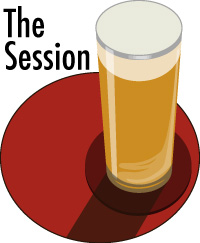
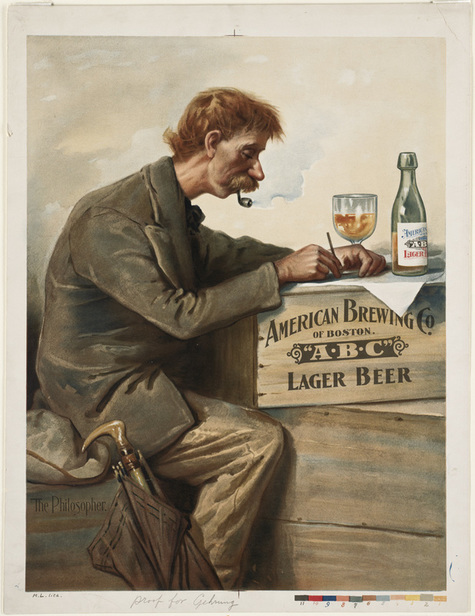
 RSS Feed
RSS Feed
